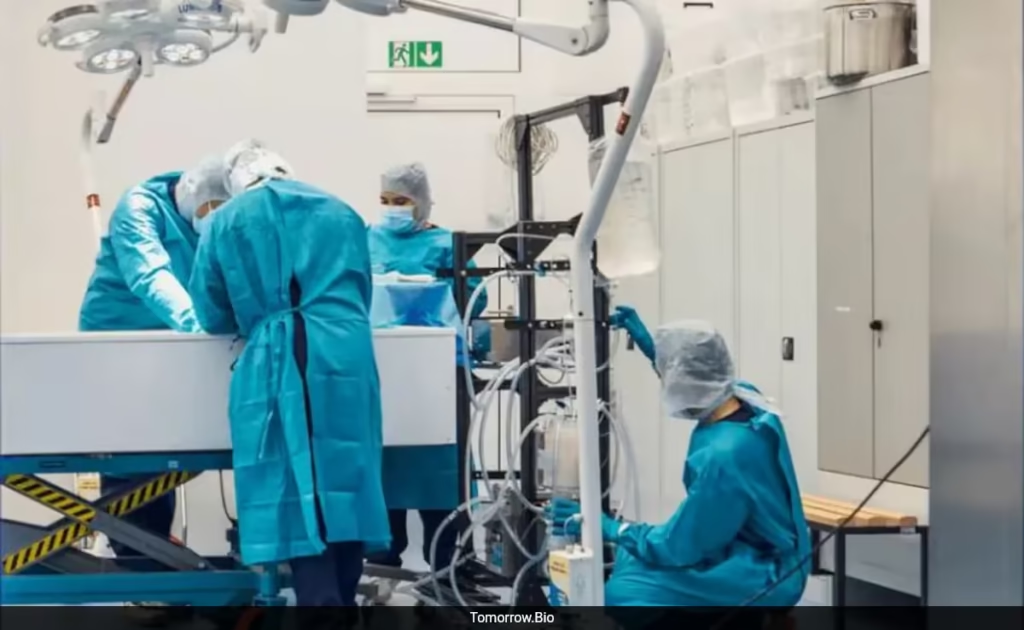Revolutionary Cryopreservation Service in Berlin
Berlin-based startup Tomorrow Bio is pioneering a groundbreaking service that aims to preserve human bodies after legal death, offering the possibility of a second chance at life. For a fee of $200,000 (approximately Rs 1.74 Crore), the company provides full-body cryopreservation. This process involves rapidly cooling the body to extremely low temperatures to prevent cellular damage and decay, with the hope that future medical advancements might one day enable revival.
24/7 Emergency Standby for Immediate Action
Timing is crucial in cryopreservation, and Tomorrow Bio has established a 24/7 emergency standby team ready to initiate the process immediately after legal death. This ensures that the preservation begins as soon as possible, maximizing the chances of successful revival in the future.
Growing Interest and Expansion Plans
Interest in this futuristic service is growing, with over 650 individuals already signed up, placing their faith in scientific progress and the potential reversibility of death. Tomorrow Bio has successfully cryopreserved “three or four” people and five pets so far. Looking ahead, the company plans to expand its operations to cover the entire United States by 2025.
Skepticism and Scientific Challenges
Despite the enthusiasm surrounding cryonics, skepticism remains. According to a BBC report, no one has been successfully revived following cryopreservation. Concerns exist about potential brain damage upon revival, as there is currently no evidence that complex brain structures can be restored intact. Clive Coen, a neuroscience professor at King’s College London, criticizes claims that nanotechnology or connectomics could bridge the gap between theory and reality as overly optimistic.
Cryopreservation vs. Freezing
Emil Kendziorra, co-founder of Tomorrow Bio and a former cancer researcher, emphasizes the distinction between freezing and cryopreserving a body. He explains that simply freezing would result in ice crystal formation, damaging tissues. Cryopreservation aims to avoid this by maintaining cellular integrity at sub-zero temperatures.
